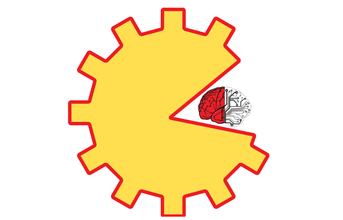
Industry 4.0 is an application of IoT principles and technologies in the manufacturing and Industrial environment. In my view, that essentially means bringing together IT, web and cloud based technologies with production and process engineering in order to achieve benefits by exploiting new ways to improve manufacturing. It's basically moving another level up from the ongoing development of automation and lean manufacturing.
The biggest concern currently is the lack of a different kind of expert know-how needed to implement Industry 4.0 projects. One of the colleagues summarised it neatly: "The success of Industry 4.0 projects depends on IT experts and engineers speaking a common language. Only by working together can we find the perfect solution."
In the short term, the trend toward greater automation will displace some of the often low-skilled labourers who perform simple, repetitive tasks. Demand for employees in the mechanical and electronic controls engineering sector may rise even more. However, many new skills will be required.
At the same time, the growing use of software, connectivity, and analytics will increase the demand for employees with competencies in software development and IT technologies, such as mechatronics experts with software skills. This competency transformation is one of the key challenges ahead.
(Continued on the next page)
